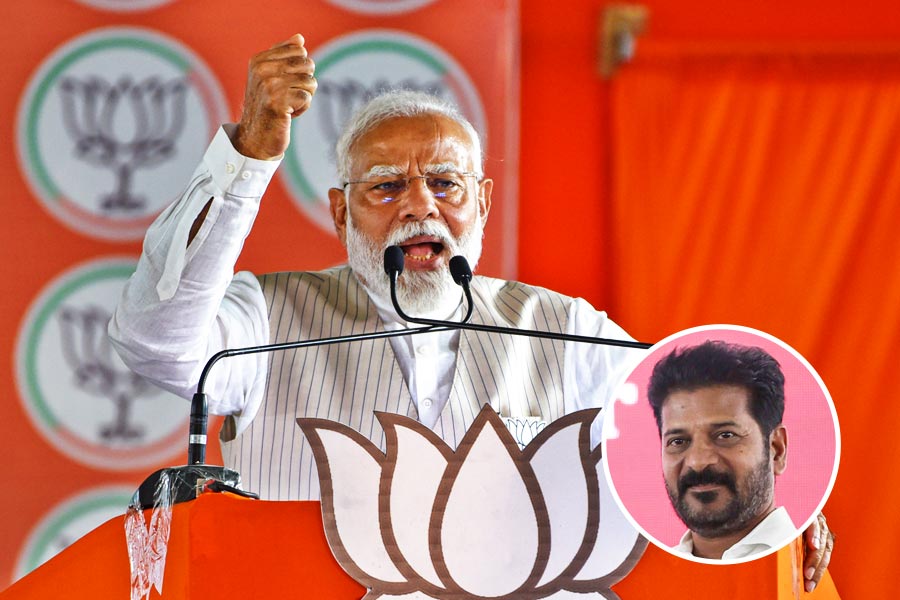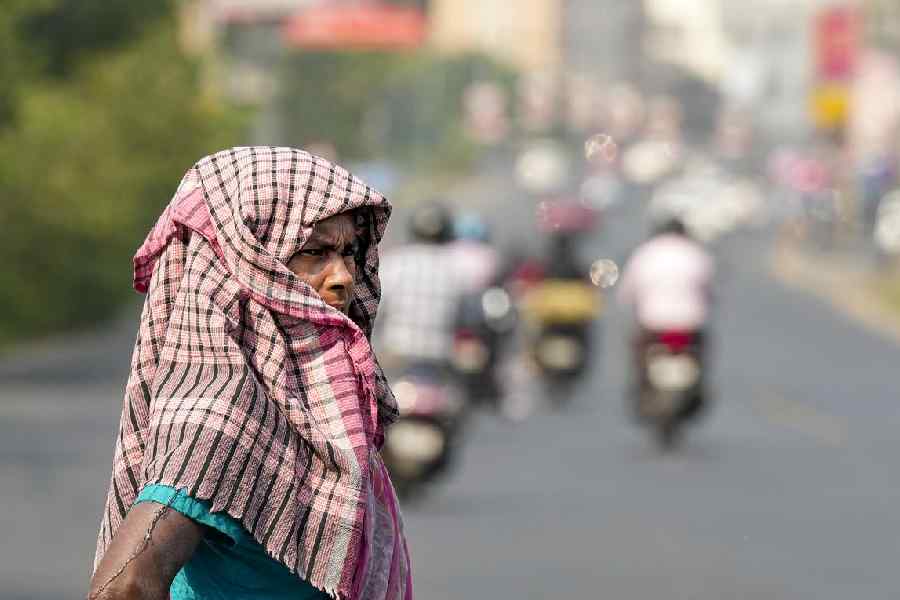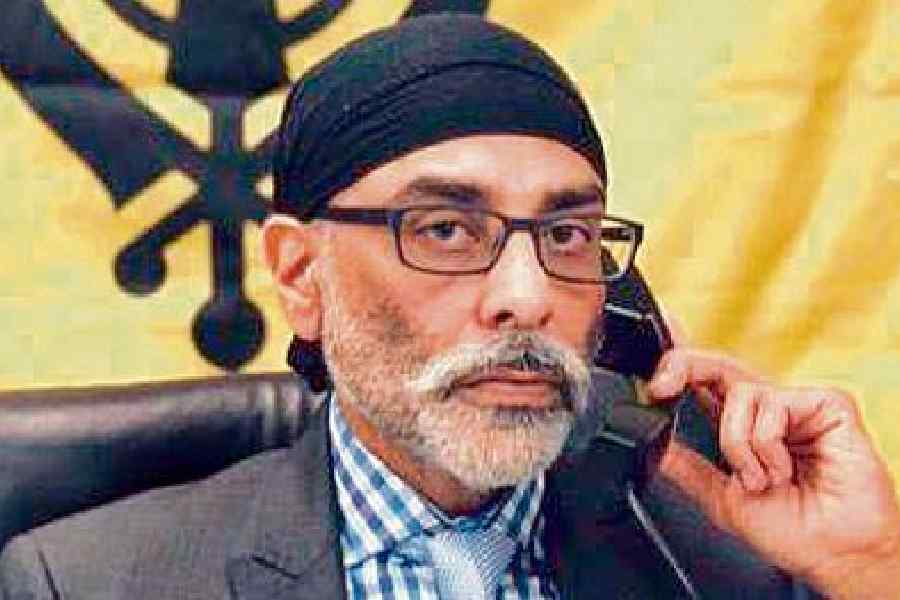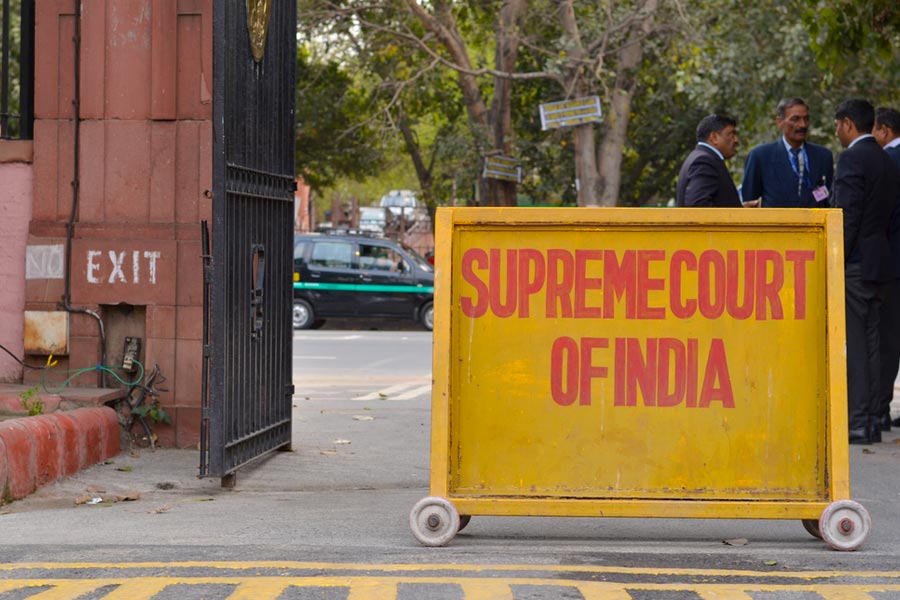Author Aisha Sarwari’s new memoir, Heart Tantrums: A Feminist’s Memoir on Mysogyny and Marriage, is likely to become an important work in world feminist literature. The author, feminist and women’s rights activist is a very powerful voice with an endearing sense of vulnerability. She answers some deeply penetrating questions from t2 on patriarchy, seduction, domestic violence and the unconditional love of a formidable wife for her husband battling brain tumour. The responses are brutally honest and surprisingly inspiring. Excerpts...
I read your story in one straight sitting. Brilliant, gripping, whimsical and clanging with truth, it takes life by the horns. Right from the start there is a strong sense of fracture and massive instability in Yasser, the man you loved almost to death.
You’ve noticed something fundamental. Our mannerisms were always poles apart. But perhaps that was the most refreshing part of falling in love; the worldview that was challenged right from the beginning. Yasser has always been such a force, almost every gamble at the time felt like it was a good choice.
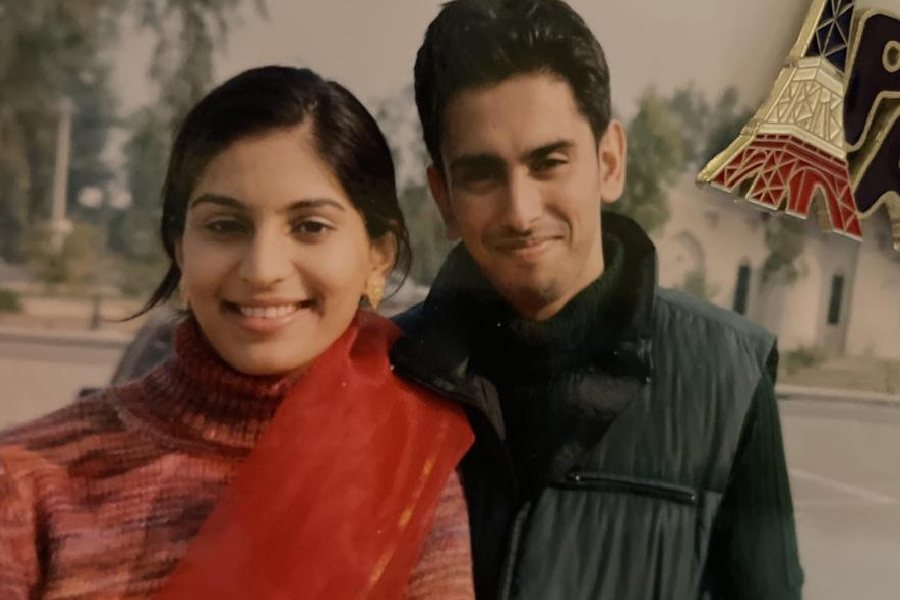
Sarwari with her husband Yasser
Why? You were not from the backwoods, you were educated in America. Why did you feel so completely drawn to a perpetrator of needless, self-gratifying violence?
I wish I knew why. I still wonder. I think that we underestimate how many women, rural or urban, choke inner voices of caution. It is a universal issue. And it is not going away soon.
To this date, if we find a man who behaves badly and speak up, almost everyone will tell you to be understanding, to be more generous of heart, to review your need to fight. Then there are labels, I was always labelled a rebel and was trying so hard not to.
I could tell, intuitively, that this was not the ‘real’ Yasser. That he would never want to hurt me. There was some truth to that. And I chose to believe in that some.
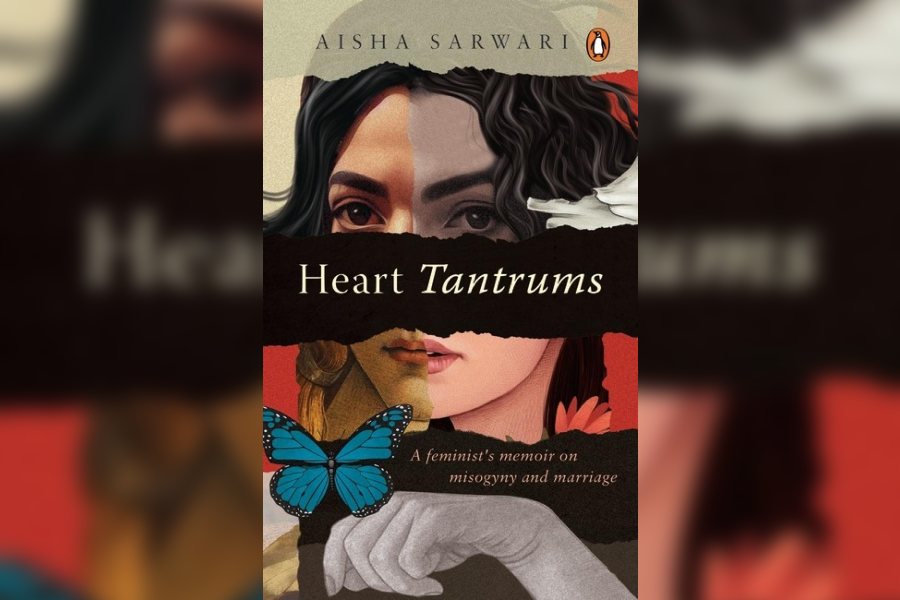
'Heart Tantrums: A Feminist’s Memoir on Mysogyny and Marriage' Author: Aisha Sarwari; Publisher: Penguin Random House India; Pages: 320; Price: Rs 699
How would you respond to a critical reader who says that you have tried to mitigate the egregious nature of his need to be the dominating masculinist — misogyny and patriarchy are at the root of his behaviour towards you?
To that critical reader I would not need to explain that misogynist and patriarchal behaviour always has many allies and institutions that back the behaviour up. This is why it is hard for accountability to exist. Yasser’s foreword in my view is the very rare reckoning that men in our culture never have to face. He faced it, he owned it and he put himself behind it. I cannot take credit for that. That is all Yasser’s credit. It is because of the values he holds dear.
In the foreword, Yasser is as authentic as ever. I have no doubt that this is what he feels, unbearable pain for his own actions. He deals with his demons by partly facing them, bringing them into light, and also hoping that he was having a mental health episode every time he was unbecoming. Medical science is on his side. Surgeons have physically cut off his personality side of the brain as they scooped up his golf ball tumour. My book’s thesis, if there is any, is that how can you hold someone accountable who has no faculty for it, certified?
In Yasser’s infidelity with Yamini Pramanik there seems to be no excuse that you can lay squarely on the brain tumour. You never really confronted Yasser with this frightening abuse that he meted out to you. Why?
What is very interesting is the fact that absolutes are not easy to come to. Yasser went to the US and met Yamini almost two to three months after his first brain tumour surgery. At the time, it felt like Yasser did this to me. Now, I think there was no Yasser. No one is really there after a traumatic brain injury. Healing is long and arduous and there are so many brain bleeds and focal seizures along the way.
What I wanted was honest upstanding behaviour from someone who had literally no empathy centre. Having said that, did it help that he was probably without any impulse control? Hell no. It felt incredibly personal. Incredibly insulting. Incredibly mad. I confronted Yasser with the wrath that I could muster. I think a lot of my outbursts were me punishing him.
Anger is the only pathway to healing. I have been immensely angry. There is not enough space in the world to hold my anger. I have come to terms with it because of Esther Perel’s science in her book Mating in Captivity: Unlocking Erotic Intelligence.
This memoir is as much about domestic violence as it is about how women bear the brunt of single motherhood. You came through slaughter. What gave you the courage to face this abuse almost on a daily basis?
I think the moments selected me. I wrote a book before this book but that was not real. It therefore remains on a shelf. This is the book I wrote when I asked myself what happened. This is why it has found a resonance. Each one of us talks about what happened based on what we want to have happened. When we stop, it often feels like the doors of hell have opened up. Telling the truth or some version of it is purgatory because more pain is ahead of you, not behind you.
As for the kids, kids always know, so it is better they know the version of it that their mother knows. My kids are really incredible because they are borne of a world where they can only have a deeper appreciation of the complex world of mental health but also do not stand for the fallout of it that leads to disrespect. It is largely them who have taught me to walk that fine line better. Of course, my own conduct towards them has been abusive, neglectful and largely unforgivable, which makes for an interesting observation that ‘hurt people hurt people’. It is unforgivable because when I perpetrated abuse as a parent by being so harsh towards them, I was in a position of power.
In Yasser’s case, I was his peer. It is forgivable. I’ve had to eat many humble pies, but this fact haunts me because it takes away many times my locus standi to hold a grievance in the first place.
Yasser wrote: “It is not like Aisha was trapped.” But there are several points in the narrative where you want to escape, did feel trapped. Would you agree?
Reminds me of Maya Angelou’s I Know Why the Caged Bird Sings. I have put myself in harm’s way because of fear. My biggest fear is ‘If the two people I belong to, my husband and my mom, don’t like me, where will I ever go?’. It is such a primal and even childish fear. But I have it. I am led by it.
As someone who has been a diasporic Asian, how do you identify yourself?
I am a Pakistani woman, half Indian-Muslim, Ugandan-born, American-educated, boss-woman, and a massively hyphenated person raised by my brothers, who themselves were very young when my dad died. I am the beneficiary of Eastern traditions. I have been shaped by them, by values of giving, of generosity and of self-sacrifice over the greater good. Someone took care of me when they didn’t need to. So, in many ways, I am defined by caregiving.
Who are you writing for?
There is a piece of me still waiting to be parented by my mother, not anyone else. Yet, I have been away from her most of our lives because tradition dictates it. This is why I dedicate it to her lifetime fear that I write too honestly. I want to tell her: “Here Ami, I felt pain, but here it is in book form and I am still ok, and I hope you still love me.”
Julie Banerjee Mehta is the author of Dance of Life and co-author of the bestselling biography Strongman: The Extraordinary Life of Hun Sen. She has a PhD in English and South Asian Studies from the University of Toronto, where she taught World Literature and Postcolonial Literature for many years. She currently lives in Calcutta and teaches Master’s English at Loreto College.


